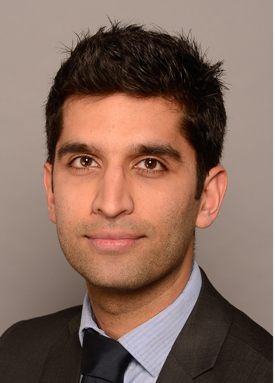
Adam Sampson, AOP chief executive, and Antonia Chitty, ABDO sustainability lead
‘It is almost certain that 2024 will see a UK general election, so staying strong and united and speaking with a clear message will be key to our success as a sector,’ said Harjit Sandhu, managing director of the Federation of Optometrists and Dispensing Opticians (Fodo), pictured below right. ‘While healthcare is a devolved matter, the pressures across all UK health systems and the zero-carbon agenda means it is imperative to make best use of primary eye care to meet growing needs,’ he added.
Further to its three-year strategy for the future of primary eye care, announced in May, Fodo set out its agenda for 2024. Specific priorities included the optimisation of enhanced primary eye care services, keeping up pressure for frictionless IT connectivity between primary and secondary eye care, and building the workforce to deliver these goals.
Register now to continue reading
Thank you for visiting Optician Online. Register now to access up to 10 news and opinion articles a month.
Register
Already have an account? Sign in here



